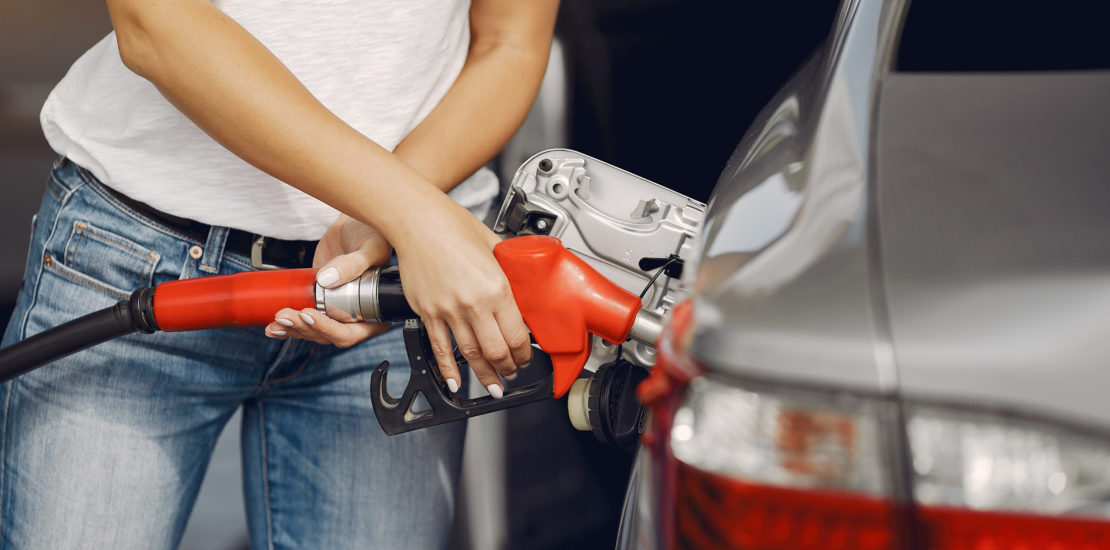- July 23, 2022
- Posted by: mba_diploma
- Category: Business

Colombia’s Bogota (CNN) South American nations are preparing for an unrest-filled autumn as surging global fuel costs raise the possibility of further demonstrations in the coming months.
Protests about rising fuel costs have already taken place in Argentina, Ecuador, and Panama. Given the lack of less fuel-intensive alternatives like trains and waterways that are more prevalent in Europe and North America, their neighbors may be especially vulnerable to rising gas prices.
According to Sergio Guzman, the director of Colombia’s Risk Analysis, a business consultancy in Bogota, “the price of fuel is an anchor for the entire economy: if fuel increases, it has a direct impact on all sorts of costs.“
The problem is made worse by the fact that some industries in the area are using more fuel than ever before, ironically to offset the consequences of climate change.
Diesel pumps are used to transport water into and out of banana plantations in Ecuador, where they constitute the main agricultural export. Analysts claim that this need has grown more critical as the country has experienced increasingly heavy rains.
Raul Villacres of Pulso Bananero, a Guayaquil-based consultancy for the banana industry, claims that Ecuador’s banana production is down 7% from the previous year, in part because of rising diesel and gasoline prices.
The fishing business in Colombia, where locals enjoy some of the lowest gasoline prices in the world, is currently experiencing a similar problem. Nevertheless, the Energy and Mining Ministry’s publication of new, controlled rates at the beginning of July caused a stir all over the nation.
Fisherman Jimmy Murillo departs from the Pacific coast of Colombia’s coastal city of Buenaventura twice per week. Normally, it takes him two to three days at sea before he returns with his catch, but lately, the journeys have gotten longer as a result of declining fish stocks and fisherman traveling farther offshore in search of better food.
Ironically, climate change is one of the factors reducing fishing catches, and fishermen like Murillo must use more fuel to lessen its effects. One of the causes, according to Murillo, is that as rainfall patterns shift and Colombia has more torrential downpours, rivers and streams carry more sand and dirt into the ocean, which causes the majority of fish to migrate farther offshore, where the water is clearer and colder.
“Our boats’ fuel used to cost 8,000 pesos ($1.96) per gallon in January; today, it costs more over 9,800 pesos ($2.70). It increases somewhat each week, and the government does little to stop it “Informed CNN Murillo.
Nicole Muoz, owner of Albacora, a small-scale, environmentally friendly fishing business in Bogota that transports about 400 kilograms of fish from the coast of Colombia to the city each week, also believes that fuel is essential to her entire business model.
Our entire logistical system depends on petroleum, Muoz told CNN. “We utilize fuel for fishing boats, to carry the produce from coast to airports, then on planes.
Fish prices in Colombia have not risen as much as other food categories, such as meat and poultry products, but according to Muoz, this will change when the effects of more expensive gasoline become apparent.
The World Bank revised its growth forecast for Latin America and the Caribbean in April, lowering it by 0.4 percentage points to 2.3 percent this year due to the impact of the conflict in Ukraine and the global surge in prices. In addition, the Bank estimates that over the past 20 years, disasters related to climate change have cost Latin American nations the equivalent of 1.7 percent of their GDP. As a result, the region’s agriculture is expected to be particularly vulnerable as the planet warms.
Could the popular rage witnessed in Argentina, Ecuador, and Panama extend to Colombia and other nations in the area as the cost of living rises?
The more pertinent question is when, according to Guzman of Colombia’s Risk Analysis.
He contends that regional governments won’t have enough money to spend on population control and mitigating rising living expenses. People will become impatient as their finances become tighter, not because of anything the governments do, but rather because these nations are unable to raise social spending.
President Guillermo Lasso of Ecuador, for instance, was compelled by demonstrations to cap the price of gasoline at $2.40 per gallon; this decision, according to finance minister Simon Cueva, will cost the nation an additional $3 billion by the end of the year.
One Buenos Aires food delivery worker told CNN that this year has been more violent than the early years of the epidemic in Argentina, where the country’s financial minister was forced to resign due to severe inflation.
Federico Mansilia, a father of two, told CNN that “everyone grumbles.” “Those who receive social help who complain that it is insufficient and those who desire social support but do not receive it. Government and opposition cooperated through the pandemic at least, but now polarization and animosity are rising once more.”
Mansilia claims that winning Argentina’s World Cup match in Qatar at the end of the year is the only thing that can bring the country together for a brief period.
“That will genuinely unite the nation. If we succeed, everyone will be content, and we won’t have to worry about inflation or petrol prices. But things aren’t doing so well right now.”
Conference:
Pozzebon, S. (2022, July 22). Rise in gasoline prices threatens social stability and food security in Latin America. CNN. Retrieved July 23, 2022, from edition.cnn.com/2022/07/22/economy/rising-gasoline-prices-security-latin-america-intl-latam/index.html
We gather information from the world’s leading prestigious newspapers and edit them. Copyright belongs to the editorial board of the newspapers from which we retrieve information. Please see the cited source.




